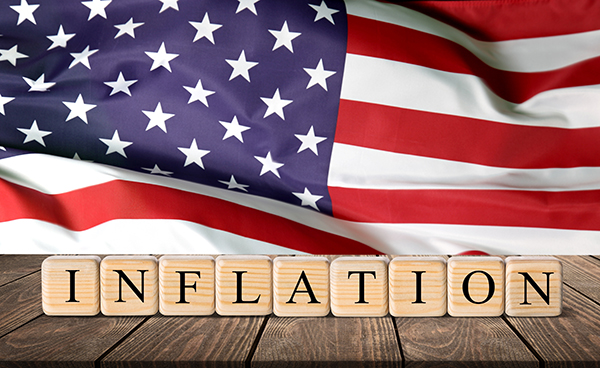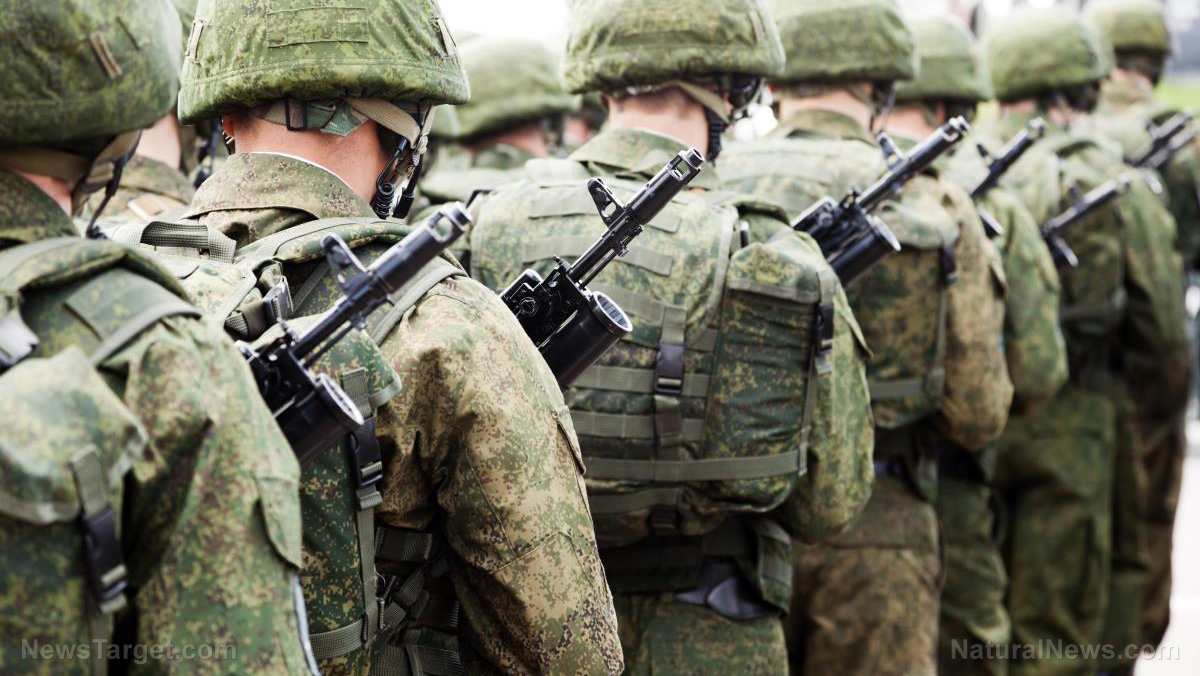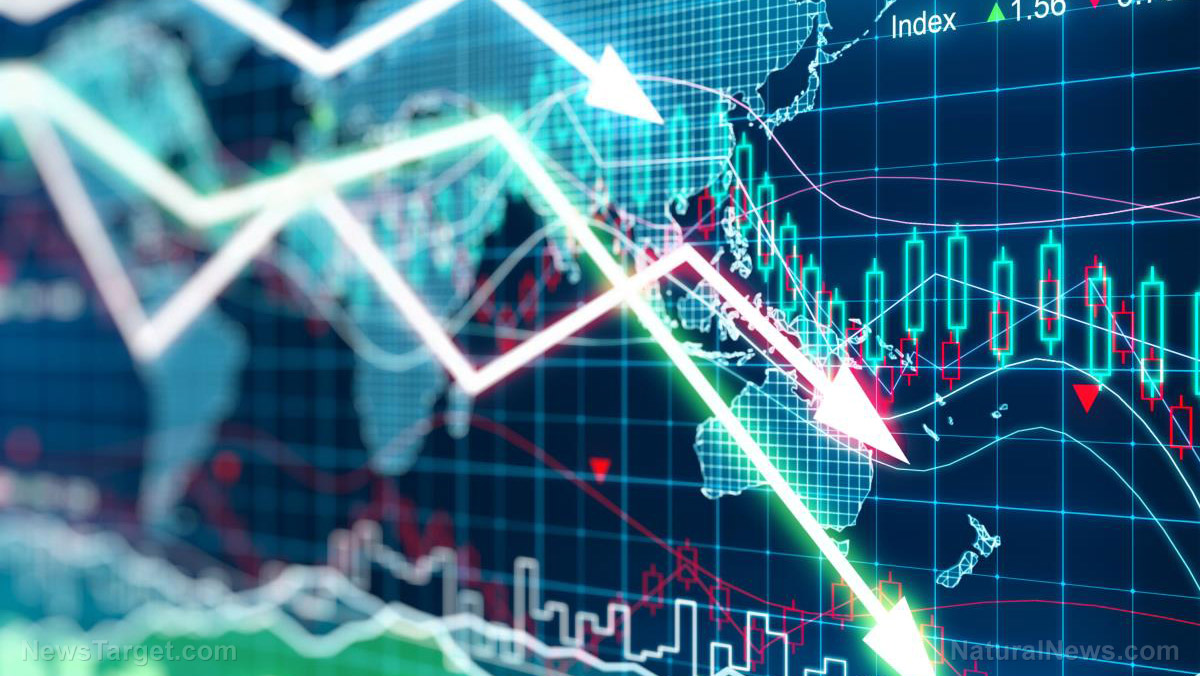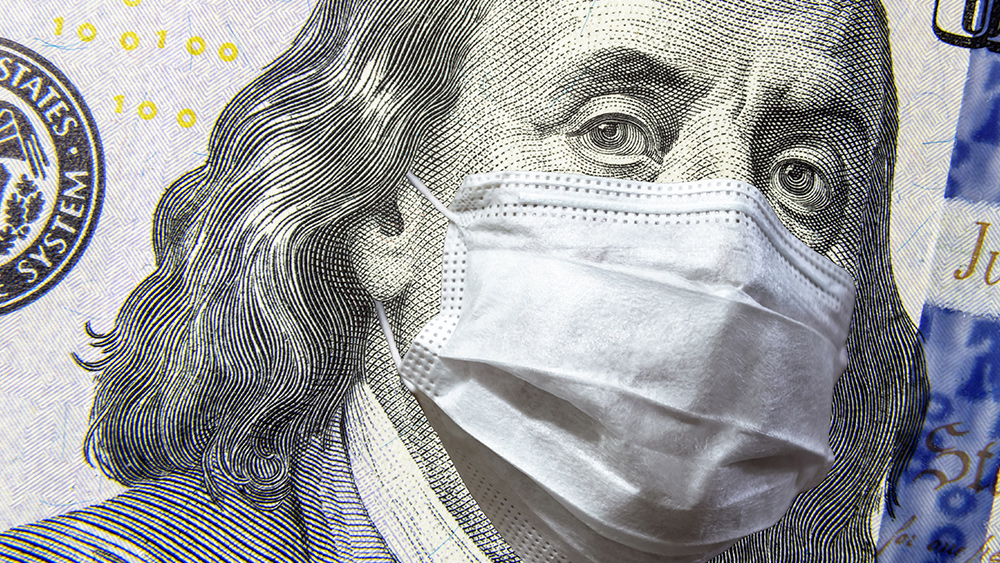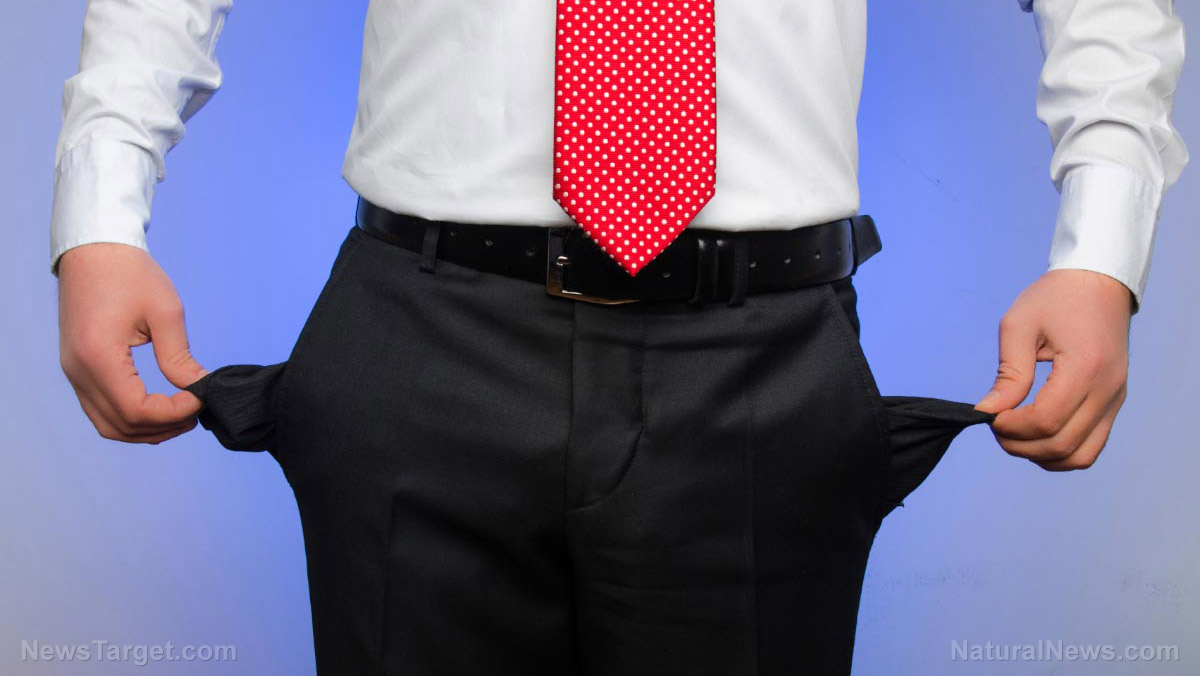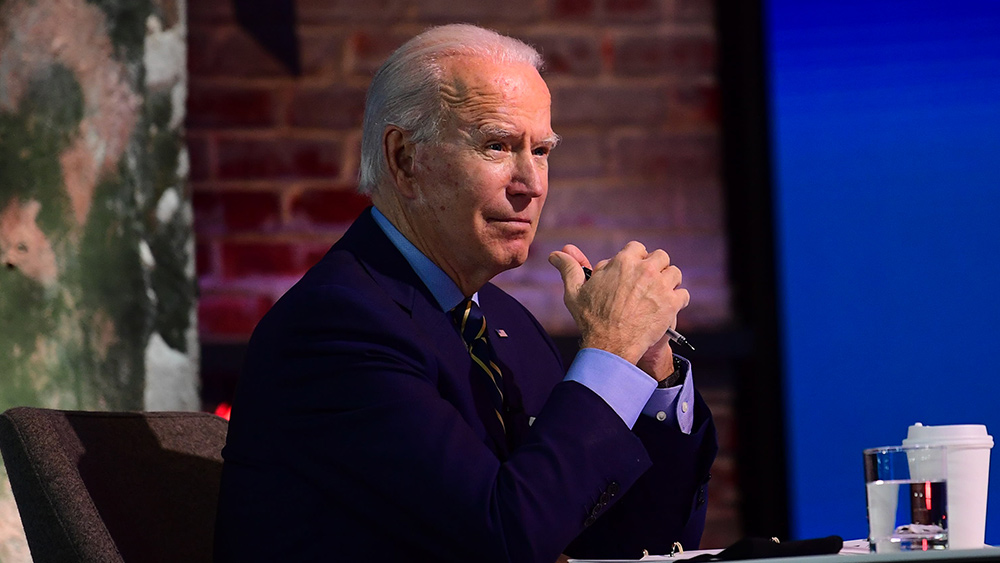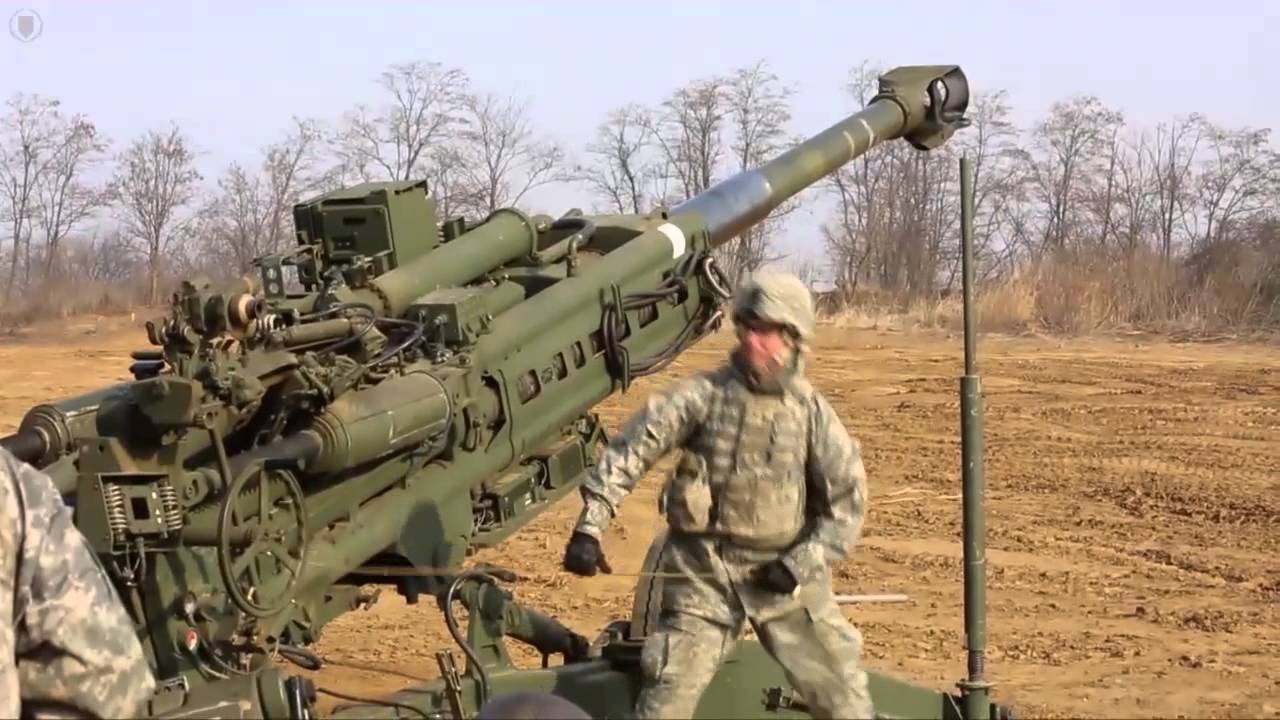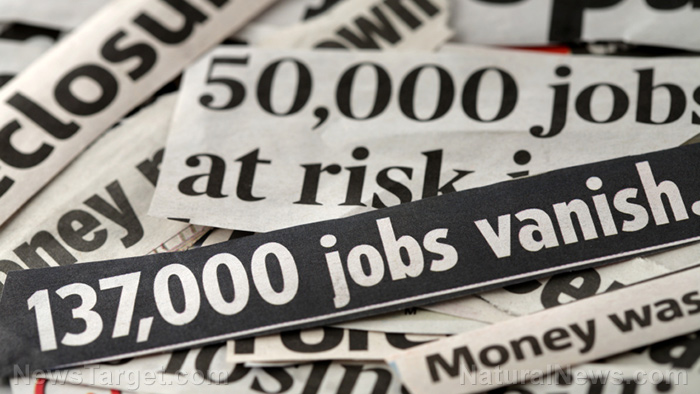Europe has spent hundreds of billions in energy subsidies to shield citizens from EU-caused energy crisis
02/15/2023 / By JD Heyes
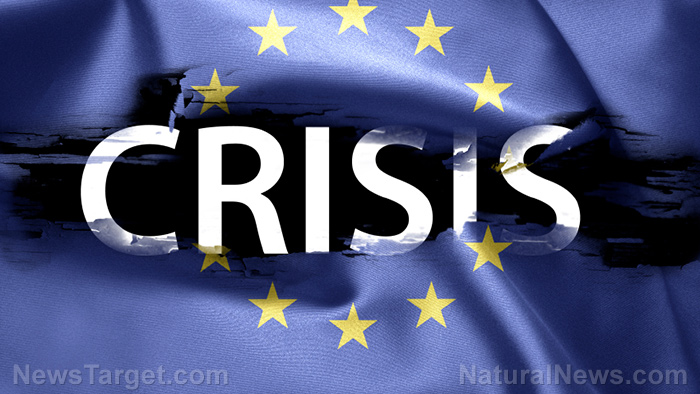
European Union nations have spent hundreds of billions of euros and dollars paying out subsidies to citizens in an effort to help them pay for sky-high energy bills after insane EU policies left the continent dependent on unreliable and insufficient ‘green energy’ sources.
Before Russia invaded Ukraine, EU countries and especially Germany grew reliant on Moscow’s fossil fuel energy because the country did not want to tap its own resources out of fear of appearing hypocritical while it built windmill and solar panel farms. But after the invasion, the EU followed the United States’ lead and imposed sanctions on Russia, including bans on purchasing cheap Russian natural gas. That left the entire continent dependent again on its own inadequate power generation resources, which in turn led to sky-high prices for a declining supply of energy.
“European countries have forked out over £700bn (€792bn) to shield businesses and households from soaring gas prices since the start of the energy crisis, according to the latest research from Bruegel,” OilPrice.com reported this week. “The think tank has calculated that since September 2021, the EU has now earmarked or spent €681bn in energy crisis spending, while the UK has allocated €103bn and Norway just over €8bn. Germany was by far the biggest spender, splashing out nearly €270bn since September 2021.”
That is a dramatic increase in expenditures since the previous report three months prior when Bruegel calculated a €706bn total while nations were struggling to provide enough heat during winter, with Russia having cut off gas supplies last fall. In fact, Russia reduced flows through its Nordstream 1 pipeline and ended flows into many countries simultaneously as NATO increased military and financial aid to Ukraine.
“Bruegel urged governments to shift towards more targeted support, prioritizing lower income levels as countries start running out of fiscal space to maintain such broad funding,” OilPrice.com continued. “Funding has chiefly focused on non-targeted measures such as VAT cuts on petrol or retail power price caps. However, the think-tank argued that dynamic needed to change over the coming months.”
This exorbitant spending has certainly taken a huge toll out of government budgets and may even be affecting other line items related to ‘green’ transformations. In Germany, for instance, sales of electric vehicles tanked after the government ended most subsidies for EVs — perhaps because of the added expenditure of subsidizing electric bills.
“Sales of fully electric vehicles (EVs) fell 13.2% in January compared to January 2022, Germany’s Motor Transport Authority reports. Sales of hybrids declined 6.2%. This compares to an increase of 3.5% in the number of new gasoline-powered cars sold, and a modest decline of 1.2% for diesel,” Zero Hedge reported this week, citing a Wall Street Journal analysis.
“The main explanation is the end of Berlin’s subsidies for EVs and hybrids at the new year. Until December the subsidy had offered up to €9,000 split between consumer and producer for EVs with a net list price below €40,000. Hybrids in that price range received €6,750. Berlin has ditched the subsidy for hybrids entirely, and cut the payout to €4,500 for EVs below €40,000,” the report added.
The Russian shutdown of energy last fall, at the time, was a “shocking development” and a massive blow to the European continent, which has spent the past 10-15 years moving away from reliable fossil fuels and nuclear power in lieu of unreliable and much more expensive “green” energy: Wind, solar, and hydrogen.
The pipeline shutdown came as European nations were scrambling to top off natural gas storage centers ahead of winter and attempting to forecast what Putin may or many not do in the coming weeks as the ‘energy war’ continues.
The rush to ‘clean’ energy using all-electric infrastructure is a disaster in the making. The world simply cannot function — economies cannot grow — at this state in our development without fossil fuels.
Sources include:
Submit a correction >>
Tagged Under:
chaos, climate, Collapse, depression, electricity, energy crisis, energy prices, energy supply, EU, Europe, European Union, fuel shortage, fuel supply, Germany, green tyranny, industry, Inflation, natural gas, Nord Stream pipeline, panic, power, power grid, rish, Russia, shutoff, uncertainty, winter
This article may contain statements that reflect the opinion of the author
RECENT NEWS & ARTICLES
COPYRIGHT © 2017 NATIONAL DEBT NEWS

